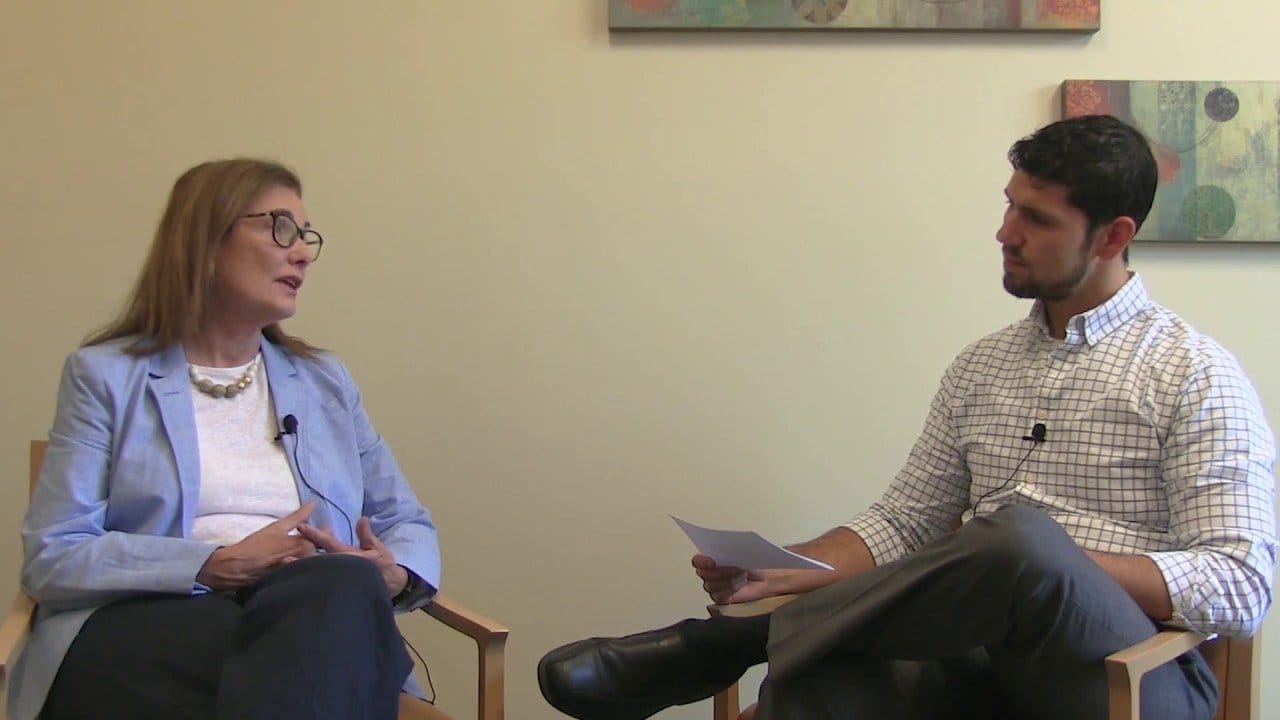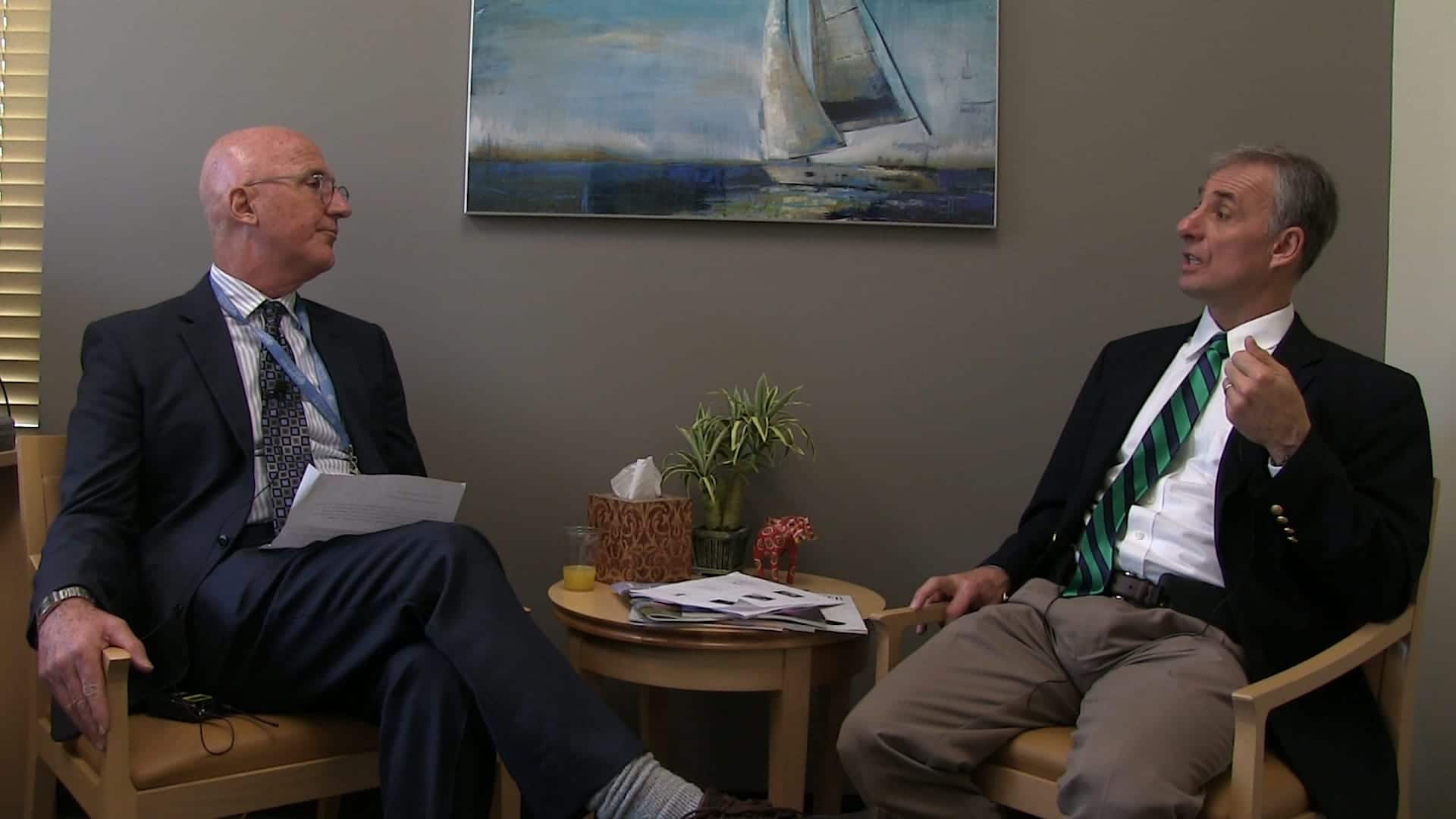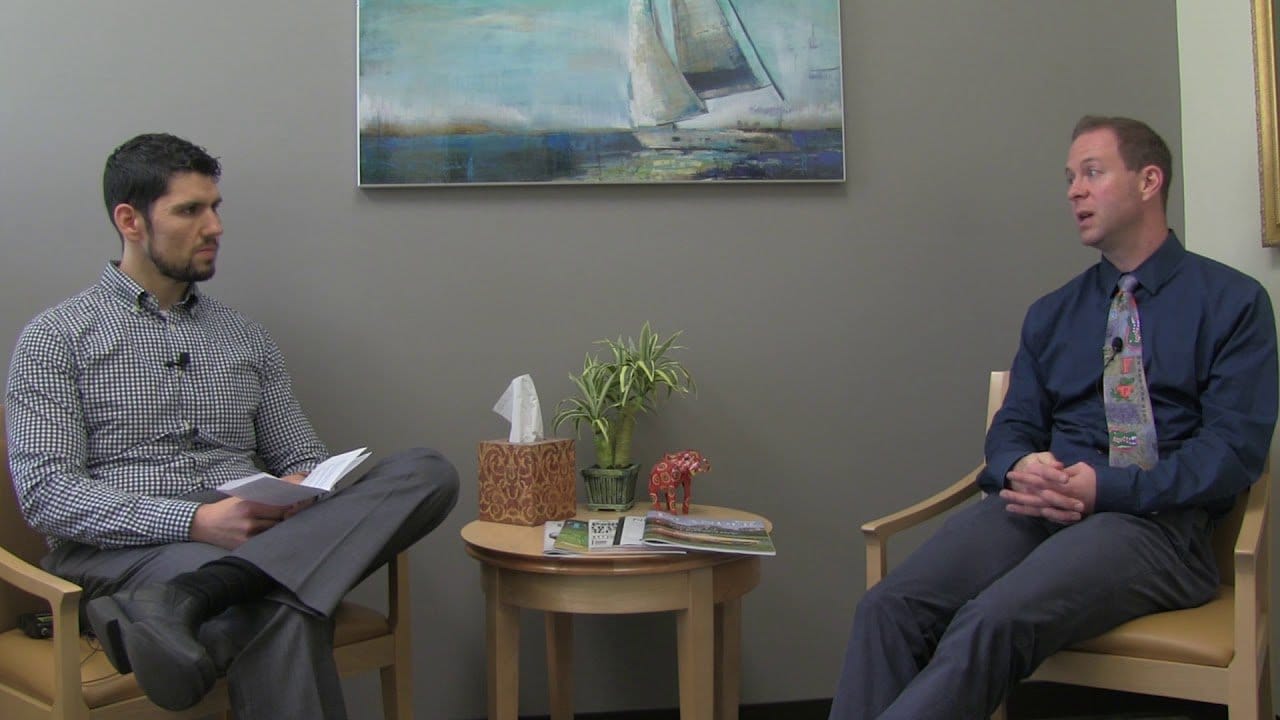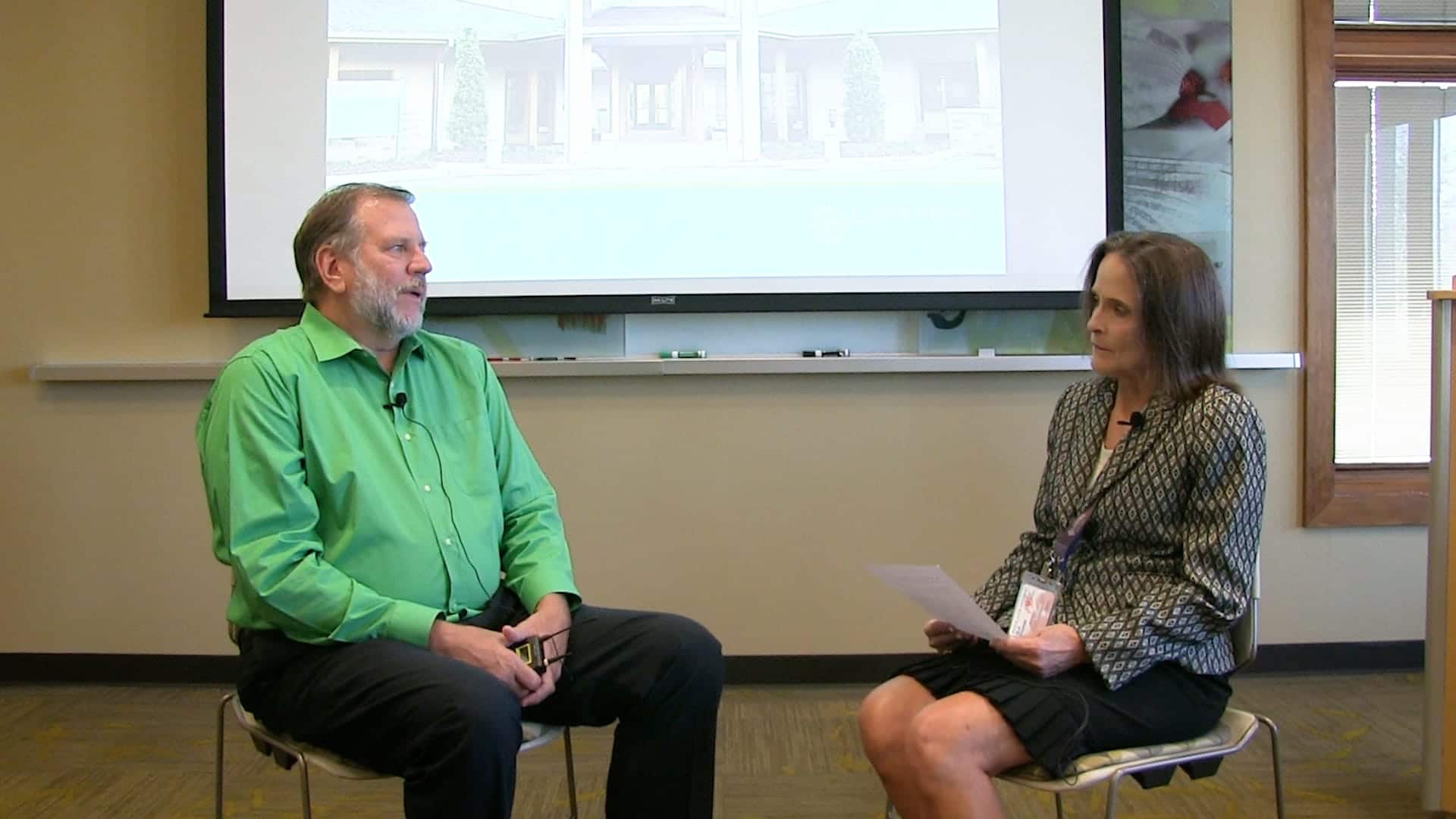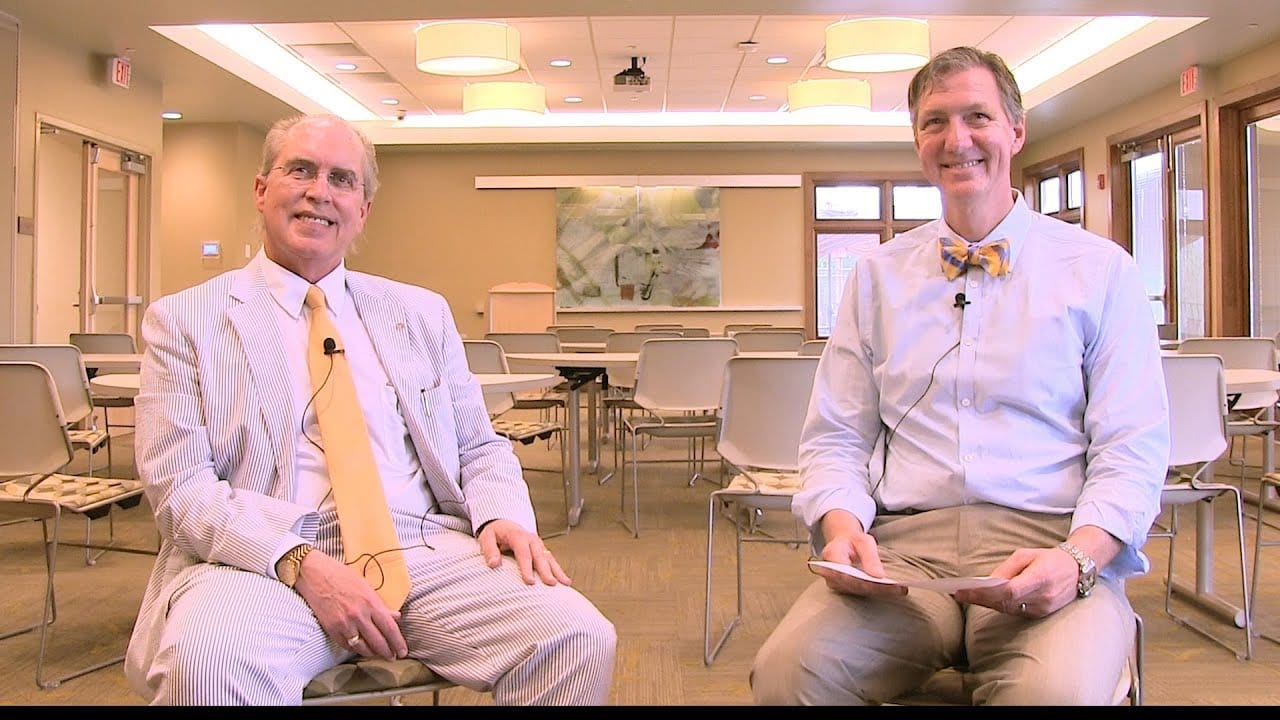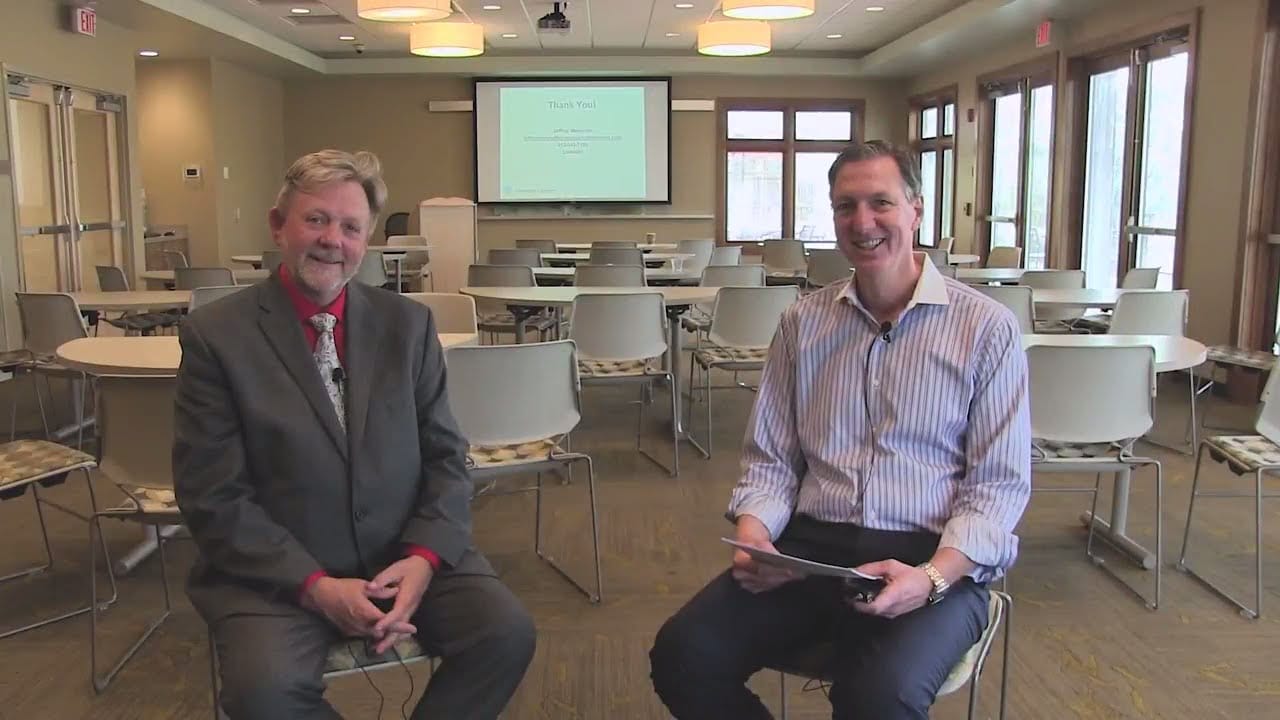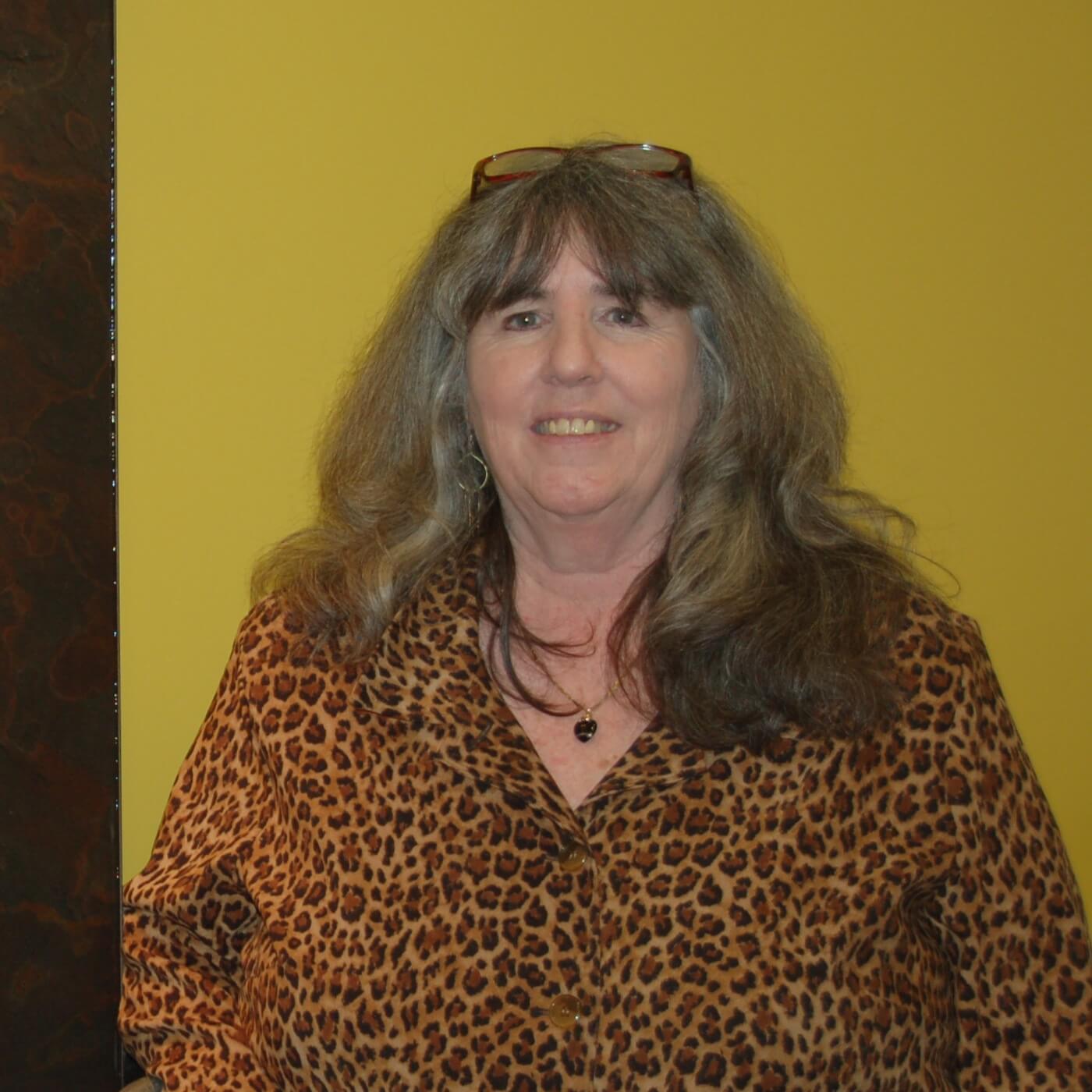

By: Lakeview Health
Gina is joined by Barbara Melton, M.Ed., LPC, who discusses her private practice and the subject of self-injurious behaviors and how she treats patients who suffer from this addiction.
Podcast Transcript
Gina Thorne: Hello everyone, this is Gina Thorne, and welcome to the Lakeview podcast series. I’m pleased to introduce Barbara Melton, private therapist in Charleston, South Carolina, who joined us today for our Lakeview Professional Lecture Series presenting on self-harm. Welcome, Barbara. Barbara Melton: Hello everyone! Gina: So we’re excited to talk to you about the workshop you talked about today, but before we do that, I want to share with folks that you’re a certified addictions counselor, nationally certified counselor, court mediator, masters addiction counselor, you’re trained in trauma-incident reduction, and you’re currently working on your EMDR training. Barbara: I’m finished with that, too! Gina: You are! Ok, good! So your experience and training is very deep and very rich, and we are just curious; what has motivated you to get into the field of addiction treatment? Barbara: Well initially, like so many people in graduate school, I remember thinking about that and saying, “Oh, I’m not going to work with those folks,” and not taking that all-important graduate level course in substance use and addiction, and then realizing when I got into practice that almost no one is free of that, in one way or another. Whether it’s substance addiction or process addiction, and certainly self-injurious behaviors and gambling and sexual addiction are more process addictions, but if you are not trained in those things, you can’t really be as much help in the helping professions, so it led me to go, “Ok, I really need more training in this. I need more experience in this. ” And as I gained more experience, I’ve become more able to help people. Gina: Yeah, well it sounds like you’ve been able to create quite a niche for yourself, especially in Charleston, which has been great. So as a therapist who works with addictions, you’ve also been treating clients with self-harm and self-injurious behaviors. What is unique about this type of client? Barbara: Um, with the self-injurious behaviors, one of the things that’s unique, particularly in the helping professions, is that it does not respond well to contracting with them not to self-injure. It’s a control issue; if you try to tell them you’re not going to work with them because they’re self-injuring then you’ve lost them. Or else they’ll just agree with you and not be truthful with you. But this is a little different than most types of therapy where you can be more directive. If it’s about control you need to honor the fact that self-injury is a coping mechanism and that you need to actually honor it as that, and that’s very different than other types of work. Gina: And so having that special training is very important, I would imagine. Barbara: I think so. Because it’s important to note that it has been their best friend, typically, and that it may have kept them from actually successfully committing suicide. And I would rather that they had self-harmed and be here to work with me than to be dead. Gina: Of course, makes sense. So you’re visiting with Lakeview Health to discuss the prevention, intervention, and treatment of self-injurious behaviors today. Can you share a couple of the key points of what you discussed in your presentation? Barbara: Sure. One of the major things I talked about, of course, was not to initially not to contract with people who self-harm. The major reason for that is we want to make sure we arm people with successful therapy techniques that they can use. Then you might say to them, “Well, now that I’ve given you some additional, more healthy alternatives that are not damaging to your skin or hurting you, would you be willing to try some of those before you self-harm? But you always have that as a backup if you need it.” That’s one of the things we talked about in today’s workshop. We also talked about the various reasons, and there’s never an end to why people self-harm. They lay-public typically thinks that people self-harm because they hate themselves; period. And we in the helping professions know that it is much broader and deeper than that. So we talked about lots of different reasons that people may self-harm. Some people will self-harm when they press something sharp to their skin, they will disassociate. Some people when they press something sharp to their skin, it’s because they are feeling like they’re not real, like they’re not grounded in their body and that grounds them in their body. Some people do want to punish themselves, some people want to punish others. If they hurt themselves, it will show others that they meant something; to take them seriously. It’s a communication method, absolutely, and it helps people express what they need to express, but it’s not a healthy way of doing it because it’s damaging to the person. So one of the things we talked about in the workshop is how can we teach better communication techniques that will allow people to express themselves assertively and get their needs met, rather than having to hold it in and bleed it out. Gina: It’s interesting because this particular area, it’s taboo, number one, but also shocking for some who are seeing it and hearing about it. So obviously what we spoke about earlier is having that skillset and training in place to know how to work with that client is really important. Barbara: And to suspend judgment and to hold out understanding. And it’s easier to hold out understanding if you’ve got an idea of the scope and the breadth of why someone might actually self-injure. Especially when the client may say, “I don’t know why I do it.” And then you explore that with them. Gina: Sure. And of course if you feel like you’re out of your element entirely, just refer them to someone like you who has the ability to take care of them. So this is not your first visit to Lakeview, so it’s great to have you back. We are just curious, what are your thoughts and impressions of the program? Barbara: I love the program. It’s very warm and inviting. It incorporates media and computer technology that most other places may not do, and that’s very enticing, especially for the younger crowd, unlike most of us older people who are catching up. But the feeling is that Lakeview cares about their clients and you can see it. Today I walked by people that are engaged and talking and look like they’re coping in different ways probably than before they came through these doors. And I just recently had the opportunity to have a client that I’m trying to get to come to Lakeview and it would be very helpful for her to come to Lakeview and it has been probably two weeks since I brought this person to Lakeview’s attention and they’re not doing the hard sell. They’re calling this person and saying, “Well this is what we’d like to do for you. Can we check back with you in a couple of days?” This girl might never come to Lakeview, but Lakeview is spending the time and trouble to do that, even when they might not benefit from it, which is awesome. Gina: Well that’s what we believe in and we appreciate your confidence in us to do that. So for those of you that are listening, if they needed to reach out to you, how can they get in touch with you? Barbara: My office number in Charleston is 843-723-8002 and I also have a website, and I’m pretty responsive to my website and that website is www.barbarameltonlpc.com. Gina: Very good, and thank you again for taking the time to visit with us and it was nice to have you here. And for those of you that are interested in learning more about Lakeview, we invite you to visit us at lakeviewhealth.multiplica.dev and if you know someone that is struggling with substance use disorder and they need inpatient treatment right away, we invite you to call us at [Direct].
